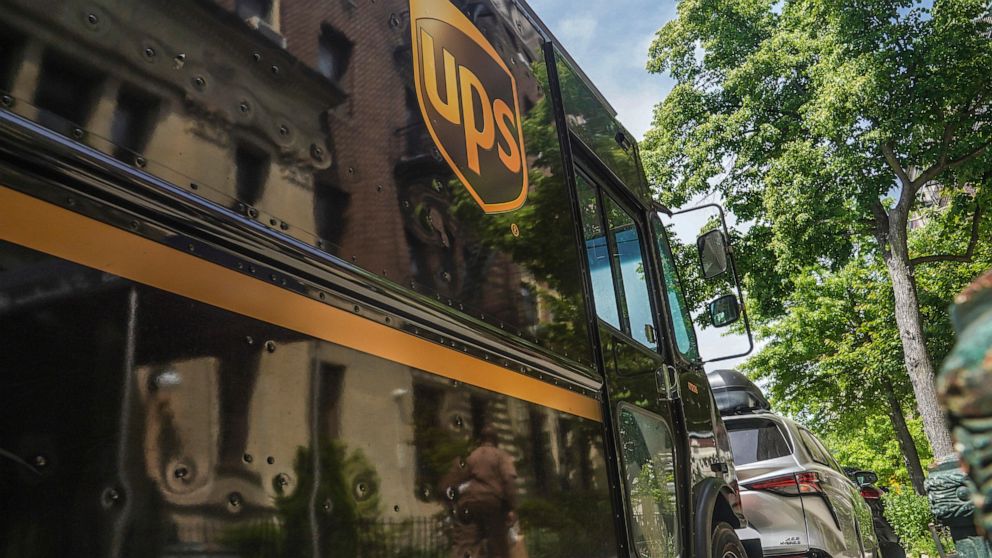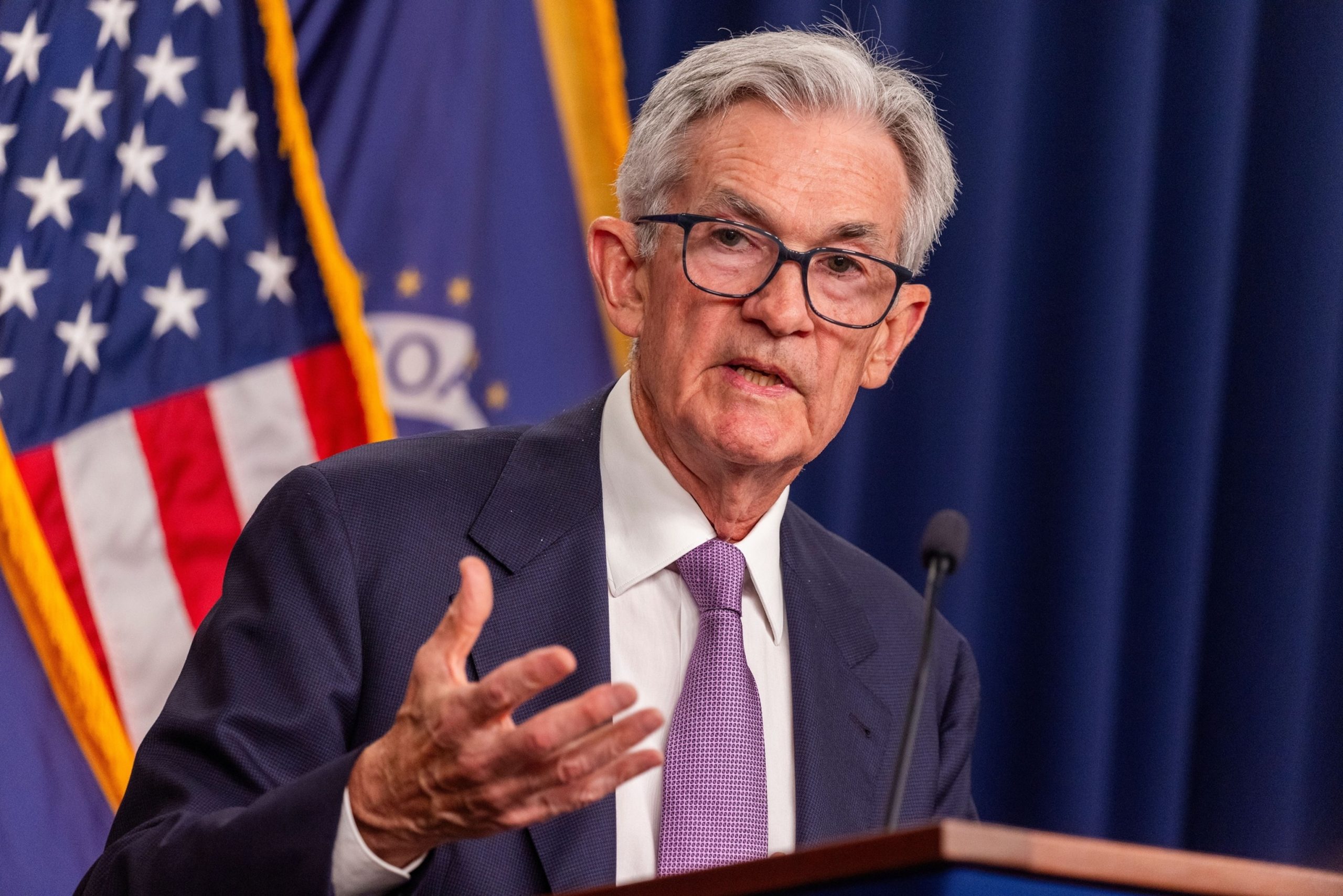The United Parcel Service (UPS) is one of the largest package delivery companies in the world, with a global network that spans over 220 countries and territories. Its services are critical to businesses and individuals alike, providing a reliable and efficient means of shipping goods and documents across long distances. However, the company is currently facing a potential strike by its workers, which could have serious implications for its customers and the wider economy.
The threat of a UPS strike has been looming for several months, as negotiations between the company and the International Brotherhood of Teamsters (IBT), the union representing its workers, have stalled. The main point of contention is the company’s proposed changes to its pension plan, which the union argues would result in lower benefits for its members. The IBT has also raised concerns about the company’s use of part-time and temporary workers, who are paid less and receive fewer benefits than full-time employees.
If the union and the company fail to reach an agreement, UPS workers could go on strike as early as August 4th, which would disrupt the company’s operations and cause delays in deliveries. This would be particularly problematic for businesses that rely on UPS for their supply chain management, as any disruption in delivery schedules could result in lost sales and revenue. It could also have wider implications for the economy, as UPS is a major employer and a key player in the logistics industry.
The potential impact of a UPS strike is not limited to the United States, as the company’s global network means that it plays a critical role in international trade. Many businesses rely on UPS to ship goods across borders, and any disruption in its services could have ripple effects on supply chains around the world. This could be particularly problematic for industries such as healthcare and pharmaceuticals, where timely delivery of products is essential.
In response to the threat of a strike, some businesses have already started to make contingency plans. Some have switched to alternative delivery services, while others have increased their inventory levels to ensure that they have enough stock on hand to meet demand. However, these measures can only go so far, and a prolonged strike could have serious consequences for businesses and consumers alike.
The potential UPS strike is a reminder of the importance of reliable and efficient logistics services in today’s global economy. Businesses and individuals alike rely on these services to keep their operations running smoothly, and any disruption can have serious consequences. As negotiations between the company and the union continue, it remains to be seen whether a strike can be averted. However, one thing is clear – the outcome will have far-reaching implications for the world of logistics and beyond.



